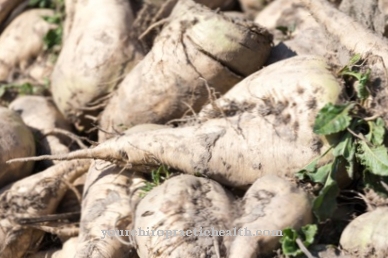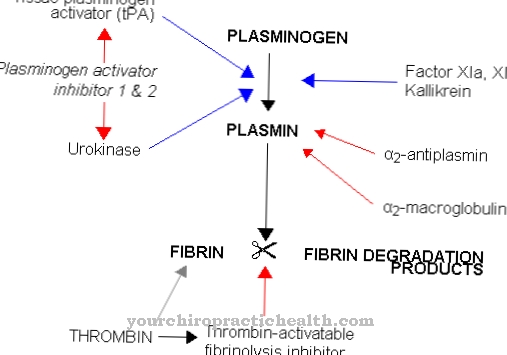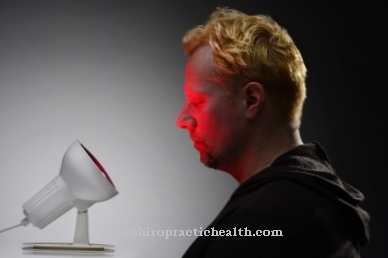Cough drops are used against diseases of the respiratory tract, whereby a distinction is made in therapy between expectorant cough drops and classic cough suppressants. Pharmaceutical cough drops usually require a prescription and pharmacy, while cough drops are offered on a natural and homeopathic basis without a doctor's prescription.
What are cough drops?

Cough drops are liquid medicines for oral use. The respective active ingredients are usually dissolved in alcohol and preserved, whereby alcohol-free cough drops are also offered, especially for the treatment of children.
Cough remedies can generally develop different modes of action, depending on the individual disease and symptoms. The actual cough is a natural protective mechanism of the organism, which serves to free the airways. The cleaning function of the cough occurs when the lungs, bronchi or throat are diseased.
If a thick mucus is carried out of the airways with the cough, it is referred to as a mucous cough. This is usually preceded by an infection, while a dry cough is also known as a dry cough and inflammation of the mucous membranes or allergies are common causes. The respective cough drops therefore each develop an expectorant or calming and soothing effect.
Medical application, effect & use
Cough drops with an expectorant effect are taken at regular intervals according to the given dosage. The duration of therapy depends on the severity of the illness and is at least one week, although treatment for colds and flu-like infections is recommended up to about three days after the symptoms have subsided.
All in all, expectorant cough drops have the effect of diluting the viscous secretion in the airways and making it easier to cough up. In addition, some products have an antibacterial, antiviral and anti-inflammatory effect, which prevents re-infection.
Cough drops for a dry cough and dry cough hardly differ in their form of administration, duration of treatment and dosage from the expectorant variants. The chemically produced cough drops against dry coughs use antitussives to dampen and suppress the urge to cough. With the active ingredients derived from nature, there is often a calming, antibacterial and anti-inflammatory effect.
The use of cough suppressants is considered controversial. On the one hand, the sick organism comes to rest and recovery through the muffled cough; on the other hand, it limits the body's natural cleaning and protective functions. If a large amount of secretion accumulates, cough-relieving cough drops can have a counterproductive effect on the success of the treatment, as the coughing up of the bacterially contaminated mucus is prevented.
Herbal, natural & pharmaceutical cough drops
To those in expectorants Cough drops The active ingredients contained in pharmaceutically manufactured products include ambroxol hydrochloride, acetylcysteine and bromhexine. In addition, many homeopathic cough drops use effective extracts from plants such as ivy, thyme, primrose, anise, eucalyptus, bitter fennel and sage.
In addition to liquefying the secretion for better coughing up, some active ingredients activate the cilia to remove the mucus. Bromhexine also stimulates the bronchial glands to produce more fluids and reduce inflammation.
The active ingredients dextromethorphan hydrobromide monohydrate, hydrocodone, noscapine resinate and codeine are often used in the pharmaceutically produced cough drops for dry coughs and dry coughs. The majority of chemically manufactured cough suppressants use antitussives, which also relieve pain. As a subspecies of the morphine, antitussives have a decisive influence on respiratory reflexes, pain perception and the psyche, which is why they are not suitable for the treatment of children, pregnant women and those with previous illnesses.
But here too, homeopathy offers alternatives with effective natural and plant extracts from sundew, ivy, fennel and honey, which are said to have a calming effect on the urge to cough. Treatment with cough drops that stop the cough is recommended, especially in the evening hours, so that the organism can regenerate while sleeping.
You can find your medication here
➔ Medicines against coughs and coldsRisks & side effects
Generally expectorant Cough drops the risk of having to cough significantly more. This can be perceived as annoying, especially in the evening and at night. On the other hand, there is a risk with cough suppressants that the course of the disease will lengthen and change because of the cough containment.
The known side effects of pharmaceutically manufactured cough drops include headache, gastrointestinal complaints, inflammation of the mucous membranes, fever and dizziness. In addition, pharmaceutically produced cough drops should generally not be combined with antibiotics, pain relievers or psychotropic drugs without medical advice.
Allergy sufferers, pregnant women, nursing mothers, people with liver and kidney disease and especially children should only take cough drops after consulting a doctor.









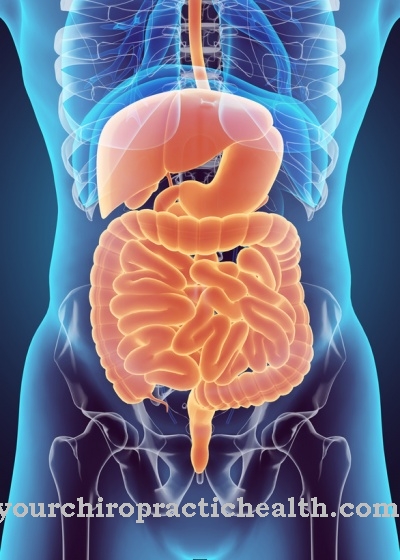
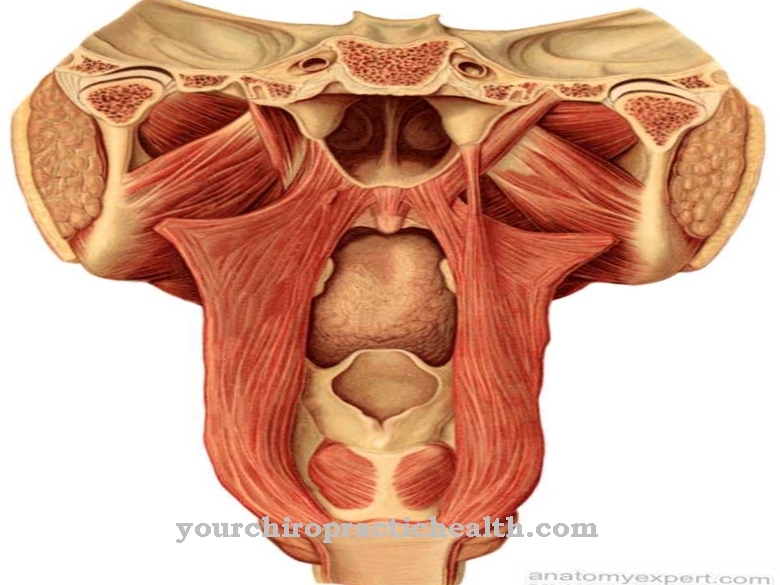
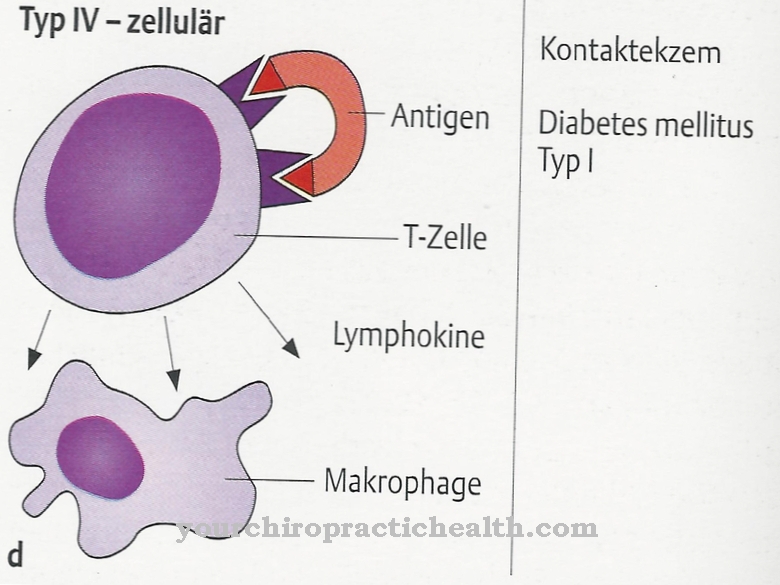

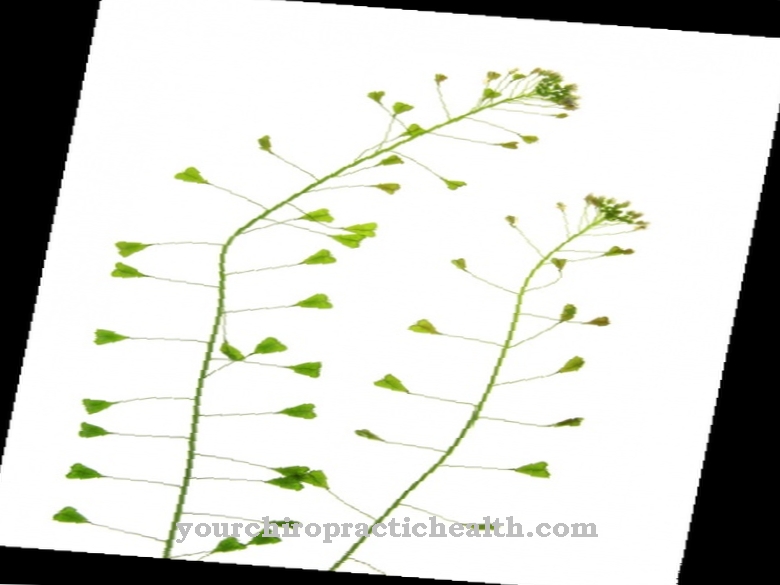


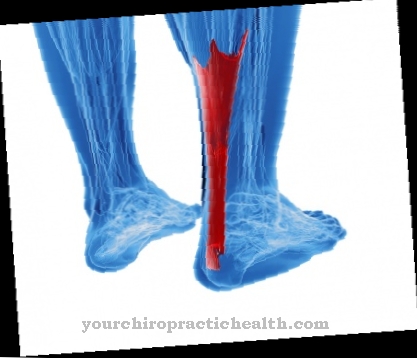

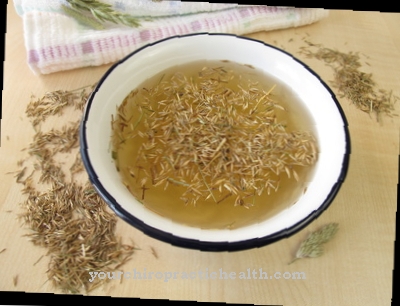



.jpg)
